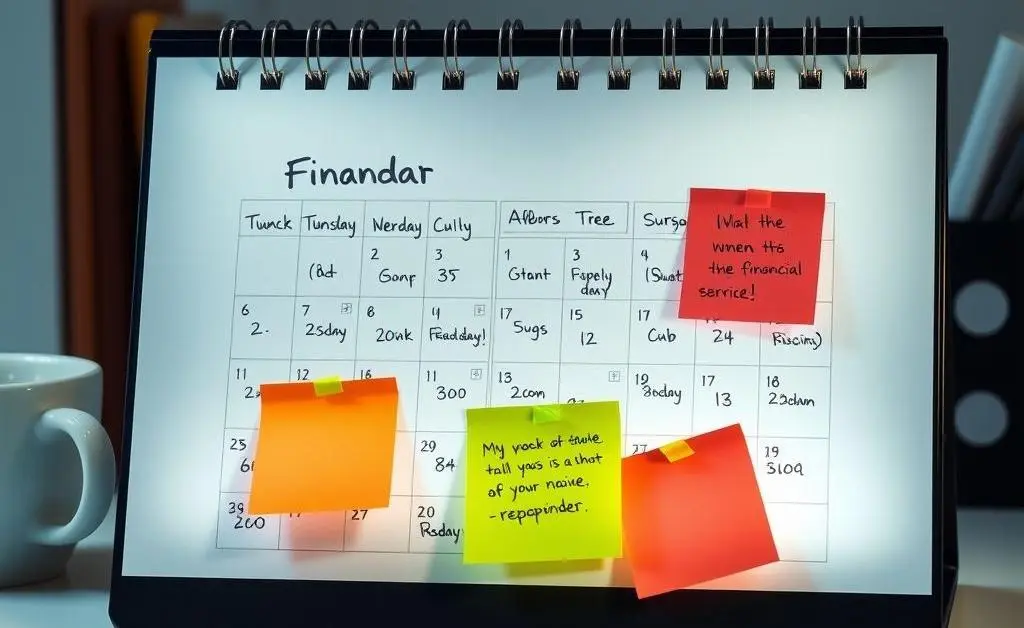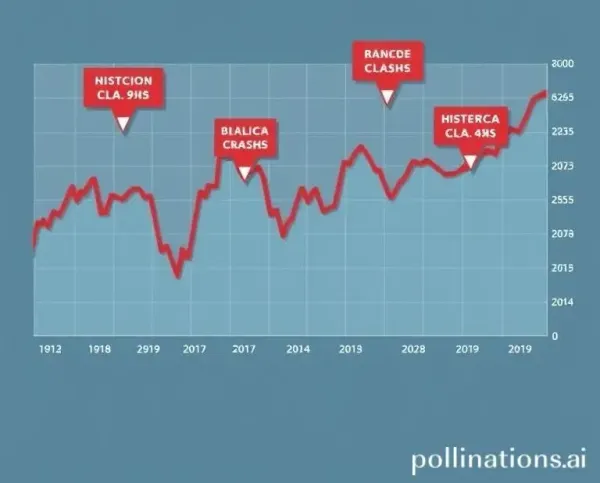Mastering Personal Finance: Simple Tips for Managing Your Money
Explore practical tips to enhance your financial skills with a conversational guide to personal finance management.

Have you ever wondered why some people always seem to have their finances under control while you're still figuring out how to make it through the month? Well, you're not alone. While personal finance might seem daunting, the truth is that with a few fundamental principles, anyone can navigate this vast ocean of numbers and decisions.
Start with a Realistic Budget
One of the most important steps in managing your finances is creating a budget that reflects your real life. Not the aspirational one where you eat out only once a month, but one that accounts for your regular habits.
- Track your spending for a month to see where your money goes.
- Categorize your expenses: needs, wants, and savings.
- Adjust so that your expenditures do not exceed your income.
Remember, a budget is a living document. Update it regularly to reflect your financial situation.

Tackling Debt Effectively
Dealing with debt can be overwhelming, but tackling it head-on is crucial for financial freedom. It's like climbing a mountain; you must plan your route before taking the first step.
Start by listing all your debts, from smallest to largest, and make minimum payments on all but the smallest. Devote any extra funds to the smallest debt until it's cleared, then move on to the next. This method, often called the 'debt snowball' approach, builds momentum and keeps motivation high.

Saving and Investing Wisely
Once you have a handle on your budget and debt, it’s time to prepare for the future. This is where saving and investing come into play. Set aside funds each month for emergencies and personal goals.
Consider allocating a portion of your income to an emergency fund, ideally enough to cover 3-6 months of living expenses. Once that's underway, explore investment options suited to your comfort and time horizon. Investing doesn’t have to be complicated or intimidating; start small and allow your money to grow gradually over time.

Remember, the key to successful investing is patience and informed decision-making. Don't rush into risky ventures without doing your research.
Building a Financially Secure Future
The journey to financial well-being is a marathon, not a sprint. Stay committed, remain flexible, and celebrate your milestones along the way. One day, you might look back and marvel at just how far you've come in mastering your personal finances.
What's your next step on your financial journey? Let's discuss thoughts and tips in the comments!




